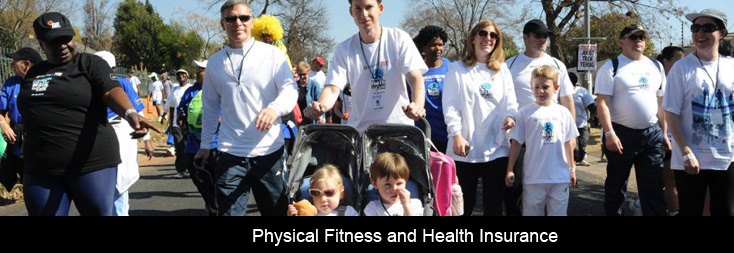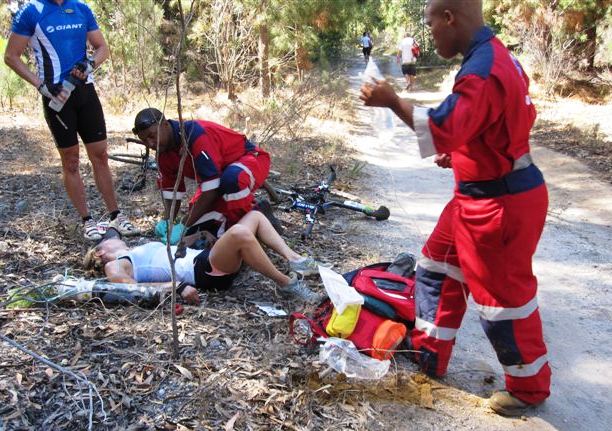Exercise to reduce those unnecessary health insurance claims!!
With cold temperatures sweeping the nation and thick fleeces, rain jackets and umbrellas being the order of the day upon leaving the house; the rumour of summer may still be a far off thought for most of us. Still, the scenario of sun bathing around the pool and enjoying beach breaks around the endless coast of South Africa is still a mild concern of many South Africans; even in the grip of winter.
The reason for this concern is generally surrounding the way we go about shaking off those extra winter pounds. Some may do it for the sake of looking good in their bathing suit while others want to look good at the annual yearend function. The reward for losing this extra weight is always great, but like all things worth fighting for, it is sometimes difficult to achieve. Some may achieve this by amending their diet, but for most people it means dusting off their running shoes and simply sweating it out.
It is an easy equation as proven by the copious amount of weight loss “we will shrink your body” reality television shows gracing our screens: the hard work of rapidly moving your body against resistance will induce the burning of kilojoules; this of course is much easier said than done.
Gone are the days where after school activity and the regular usage of muscle fibre for commuting did the job. Instead, we have swapped our metabolically enriched adolescence for a steady pay check and bumper to bumper rush hour traffic. This predicament led to the creation of the thing we love most: the treadmill at our local franchise gym.
Gyms originated in ancient Greece where warriors used them to train their bodies in preparation for public games. These days they are however, attended to largely by a number of people wanting to improve on their current state of health and well-being. Going to a gym with the prospect of raising your heart rate needs to be thought of in the same breath as the risks that may be involved.
When running on a treadmill or using any form of repetitive motion for the sake of elevating the heart rate and burning off kilojoules, you need to be aware of your physical limit and listen to your body for any tell-tale signs that something may be wrong. Shortness of breath and muscle pains are easily mistaken as sensations associated with normal physical activity but may in fact be a sign that something is wrong. Even serious symptoms like chest pain and dizziness are sometimes over looked and rather associated with feelings of determination in achieving the greater goal.
 Guidelines when feeling discomfort while exercising
Guidelines when feeling discomfort while exercising
If during a period of physical activity you find yourself in a situation where you feel ill or feel some form of discomfort, follow these guidelines:
• Immediately stop the physical activity or sport
• Remain calm!
• If the activity involves the use of any equipment or you are still in the field of play, remove yourself from the machine or playing field
• Get the attention of the closest bystander or fellow sportsman, bringing to their attention your possible medical situation
• Activate the emergency medical services to assist with the situation
• If you are not carrying your identification with you, for instance it is in the gym’s locker room, notify the bystanders or give the bystander a phone number and contact person’s details
• Provide the bystander with a brief history on your current medical history in the form of Allergies, Medication, Past medical history, Last meal (time) and the Events leading up to you feeling ill with the current signs ie; shortness of breath, nausea, dizziness, chest pain etc.
Physical activity and exercise are key to maintaining a healthy life, but dangers associated with the activity need to be acknowledged and taken seriously. It is important to know your limits and to seek help should that activity and exertion provide you with any cause for concern.
Andre Visser
ER24
Also view:
Physical Fitness for Driving and Road Safety





